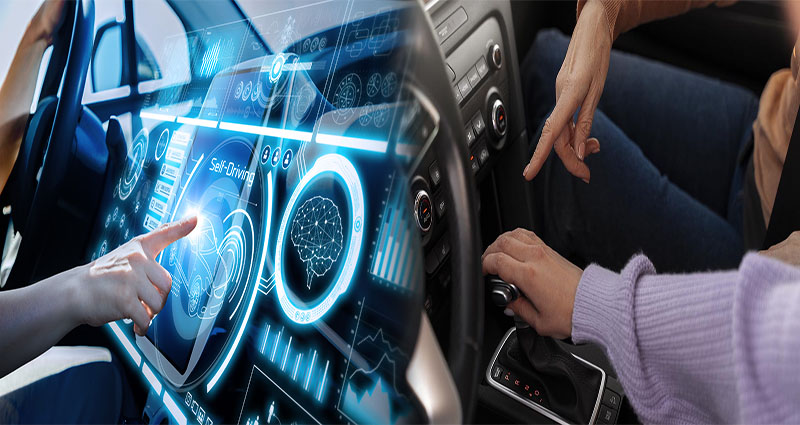Autonomous driving technology has been a game-changer in the automotive industry, revolutionizing the way we think about transportation. From self-driving cars to advanced driver-assistance systems, the impact of autonomous technology is reshaping the future of mobility. Here are some key ways in which autonomous driving technology is influencing the automotive industry:
1. Safety and Efficiency
One of the most significant impacts of autonomous driving technology is its potential to improve road safety and efficiency. Self-driving cars are equipped with sensors, cameras, and artificial intelligence that can detect and respond to road conditions, traffic signals, and other vehicles more effectively than human drivers. This technology has the potential to reduce accidents caused by human error and make transportation safer for all road users.
2. Enhanced User Experience
Autonomous driving technology is also changing the way we interact with vehicles. From advanced infotainment systems to voice-activated controls, self-driving cars offer a more seamless and intuitive user experience. Features like parking assistance and adaptive cruise control make driving more convenient and enjoyable, enhancing the overall journey for passengers.
3. Environmental Impact
The adoption of autonomous driving technology has the potential to reduce carbon emissions and improve air quality. Self-driving cars can optimize fuel efficiency by reducing unnecessary acceleration and braking, leading to lower fuel consumption and emissions. In addition, autonomous vehicles can be integrated with electric and alternative fuel technologies, further reducing their environmental footprint.
4. Changes in Business Models
The rise of autonomous driving technology is disrupting traditional business models in the automotive industry. As self-driving cars become more prevalent, the concept of car ownership may shift towards mobility-as-a-service models, where users access transportation on-demand rather than owning a vehicle. This shift has implications for automakers, dealerships, and traditional transportation providers, requiring them to adapt to new market demands and opportunities.
5. Regulatory and Legal Challenges
The widespread adoption of autonomous driving technology raises important regulatory and legal challenges. Issues such as liability in the event of accidents, data privacy and security, and ethical considerations related to autonomous decision-making are areas that policymakers and industry stakeholders need to address. Developing standardized regulations and guidelines for autonomous vehicles will be crucial to ensuring their safe and responsible integration into our transportation systems.
Autonomous driving technology is driving innovation and transformation in the automotive industry, paving the way for a more connected, efficient, and sustainable future of mobility. As the technology continues to advance, its impacts on vehicle design, manufacturing processes, urban planning, and societal norms will shape the automotive industry for years to come.









